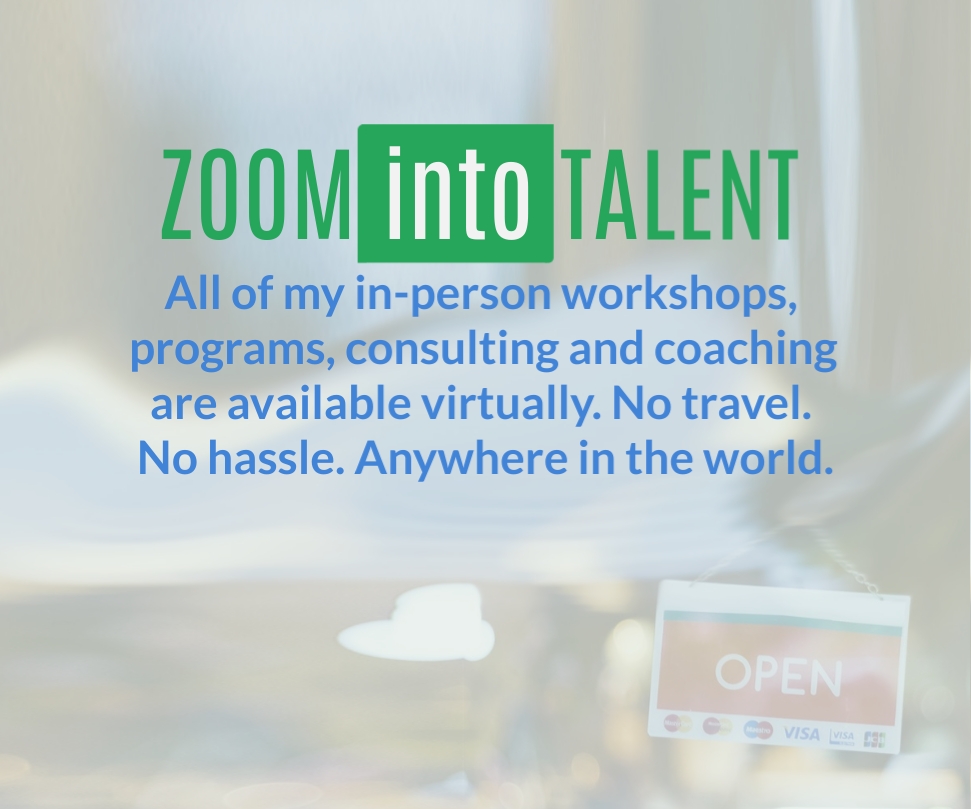In Brief: Good communicators make the art of communication look easy. But the reality is that communication wasn’t meant to be easy. It was meant to be effective only after careful planning, practice and critical review.
Communication is Hard Work
Good communicators make communication look easy. But it’s hard work – like doing weights at the gym.
I was at a media festival about ten years ago in Cannes, France. And I was blown away by one of the most powerful speakers I can remember.
I was attending the conference with BBC colleagues and several thousand other media folks from around the world. We were seated in the upper balcony of the Palais des Festival. And I was transfixed on his message.
The speaker challenged us to think differently about media. It was an early evening keynote and lasted ninety minutes. He was so engaging you could have heard a pin drop.
Why was he so good? Well, first he didn’t do what professional speaking schools teach.
There were no clichés. He wasn’t deliberately nuanced, like a professional actor, who strives to perform to the crowd. He didn’t talk over our heads to the wall behind us. And he didn’t abuse his position of respect by acting like a superstar.
In fact, throughout that presentation I felt that he was having a personal conversation with me. It was as if the thousands of people around me didn’t exist.
People like this French man make communication look easy. And they make it feel natural.
But the reality is that it takes much hard work to develop the skills needed to communicate powerfully. To make your message quick and easy to understand.
Even though the true masters make it look easy, many are quick to remind us of their hard work.
Michelangelo famously said, “If people knew how hard I had to work to gain my mastery, it wouldn’t seem wonderful at all.”
And American inventor, Thomas Alva Edison said that success comes from 1 percent inspiration and 99 percent perspiration.
These all apply to communication.

Hard Work
I discovered the perspiration secret when I was a talk show host.
People at a dinner parties would often say to me, “gee I wish I had your job. You talk into a microphone for three hours a day then go home.”
Very rarely did people realize that sounding natural and happy for three straight hours was very tiring.
And those three hours on the air was only a fraction of the time we spent putting the program on the air.
Every morning I’d be in the studio at 4:30am doing final prep. I’d be presenting the show live from 6am to 9am.
And then I’d be in my office, hammering the phones, writing scripts and doing research for the next day’s show until 4.
Any success takes lots of behind-the-scenes time. If you’re a professional in any field, you no doubt make difficult tasks look easy to the rest of us.
Watching a concert pianist glide over the keys with a feather light touch makes it look all too easy. As does a soccer player scoring a final goal.
If you want to be a powerful communicator, it’s important to understand that it takes commitment and hard work. Yes, some people do have a natural gift, but most don’t.
Most of the time, communication fails because people don’t plan it, practice it or perfect it.
And because poor communication is so widespread, it is one of the biggest causes of job dissatisfaction, relationship breakdown, family problems and productivity.
You have to wonder why it’s so bad. People have been talking about the need of better communication for years. And experts have been writing about it forever.
Airport bookstores are full of self-help with secrets on communication, leadership, finance and self-awareness.
You can’t just improve your communication skills by reading a book.
Four Things to Improve Your Communication
So how do we become more better communicators? Here are four things you can do.
- Plan
- Practice
- Review
Plan Your Message
I’ve lost track of how many people tell me before a speech that they can wing it.
“Hey, I’ve been doing this for years. I’m a natural. I don’t need to do much planning.” Or, “I’m good at having conversations, I’ll be fine.”
I then watch them. Usually with horror.
If you want to communicate with impact, plan your message carefully. Planning is so important that presidents and prime ministers have whole offices of professional speech writers.
Apart from saving you a lot of time, planning keeps you focused and ensures your communication relationship is purposeful and partner-centered.
Successful communicators never plan to write or present to groups without preparation.
Preparation includes developing your ideas as well as the nuts and bolts of planning handouts, PowerPoint slides and room layout.
Practice Delivering Your Message
Ask a music teacher about his biggest frustration when teaching kids to play an instrument and I bet he’ll tell you it’s lack of practice. Gee, it’s probably the same for adults.
The old saying, practice makes perfect is just as important for communication as it is for anything else.
There are two aspects of practice that are important. First, lifelong practice which enables you to become habitually good at communication. Second, focused practice, such as practicing a speech you will deliver.
Studies show it takes ten years to become truly expert at a job function. You can’t be great overnight. Commit to practicing your communication for the long haul so that good communication techniques become a habit.
If you’re going to give a speech, practice it. Practice it enough so that when you do give the speech you don’t have to think about what to say next.
If you need to give performance feedback to a member of your staff, practice first with a colleague.
Review Your Message
There’s no point practicing though if you don’t review your performance. If you’re giving a speech, have someone video it on the iPhone and watch it back.
The value of review is reviewing it with a critical mindset.
It can be helpful to find someone to help you with the review. Look for someone you can trust to review and help you identify ways to improve. Or hire a coach or attend a workshop.
It’s Not Easy but Delightful
Good communication is rarely an accident. It’s the result of careful planning, practice, and review. In other words, it’s not easy.
George Bernard Shaw wrote a much-quoted line in his 19th Century play, Pygmalian. “Life was not meant to be easy,” he wrote. And this applies for communication. But his quote goes on. “But take heart, my child, it can be delightful.”
Work hard at your communication – it will pay off. In fact, the results can be delightful.









Comments are closed.